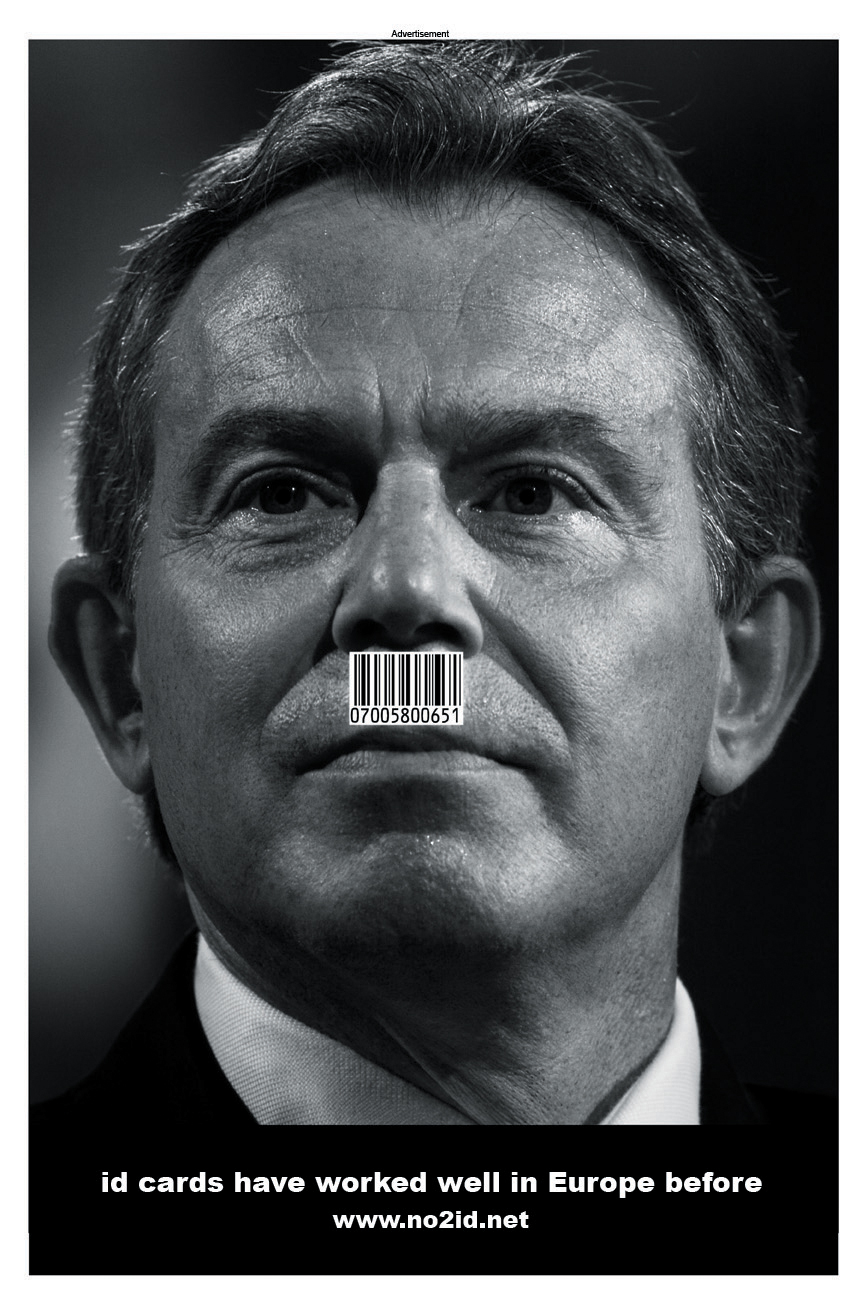Peter Shirtcliffe is furious (audio), and well he might be, because the government’s plans for electoral reform are eminently sensible, subject to wide bipartisan support, and most critically, not at all hasty. This is electoral reform done right: for change, a majority of voters must reject the status quo system outright at two consecutive general elections, with plenty of time for reflection, consultation and campaigning before each.
Shirtcliffe’s proposal for a one-off vote on which electoral system to use at the 2011 election makes only one concession from his holy grail of government decisiveness: he thinks it should be preferential. His scheme aims to deliver that grail to his beloved National party wholesale and for good, by springing fundamental constitutional change upon the NZ electorate with less than two years’ notice and discussion, with no societal safety net, no cooling-off period, no opportunity for reflection. It would turn the time between now and the 2011 general election into an all-out propaganda war for the future of democracy in New Zealand, a war in which the National government and its allies hold all the strategic ground: unprecedented popular support and an opposition at its nadir; confused and rebranding environmental and social justice movements; the recent memory of an unpopular and dysfunctional government which represented all that people thought was wrong with MMP; a political environment in which many people will simply vote for what That Nice Man John Key recommends; and an anti-MMP lobby which is practiced, prepared and very well-resourced. Shirtcliffe’s careful circumspection — refusal to express opinions on such matters as what system should be adopted, and how campaign funding should be managed — and flattery of the plebiscite (“we’ve got an intelligent electorate out there”) seeks to hide this behind a high-handed neutrality of purpose, masking the fact that the process he advocates yields his own cause very great advantages.
Shirtcliffe’s decisiveness imperative insists that the winner must take all, in elections and in constitutional reform as in heavyweight boxing: a few ceremonial minutes in an enclosed space which determine who is the winner and who is the loser, and all that happens in between bouts is meaningless hype. It is not a democratic model, it is not a consultative model, it is not a model which gives adequate consideration to the views and opinions of the electorate at large; far from respecting electors as intelligent and capable actors, it reduces politics for the individual voter to a single, somewhat inconvenient event which happens once every three years, or in the case of something as important as changing the electoral system, once every generation or so if we’re very fortunate. Fortunately for New Zealand, and indeed to the great credit of the National party, he has been denied. The proposed framework should yield a legitimate and durable result, and one which should be supported even by those whose preferred option is not selected.
There’s much which could go awry yet, but this framework is as good as we could hope for. Idiot/Savant’s assertion that “if we want to protect MMP, its not enough simply to vote for no change in 2011 – we also have to chuck out National, just to be on the safe side” seems a little overwrought — National under Key has taken to MMP like a duck to water, learning to play both ends against the middle in a way the Clark government never did. And although there have been some recent cat-herding problems to do with keeping errant ministers in line, and around the rugby world cup, I can’t see a desire to return to the bad old days of one party rule. I do think National will campaign hard for SM as an it’s-the-same-really-only-better option, and this provides Labour and the Greens a good opportunity to differentiate itself — by pushing for MMP-as-it-is-now, or MMP-with-some-changes; although it must be said Labour aren’t behaving much like MMP-aware political actors these days. A larger threat from the National party, I believe, is the possibility of rolling the abolition of MÄori seats into the new electoral system, or choosing to support an electoral system in a second referendum which (they may claim) renders the seats obsolete. This will be a strong wedge, and will enable National to frame the debate in terms beneficial to its own interests.
I await the further propagandisation of electoral systems with interest. Meanwhile, I/S’s conclusion is unarguable: “we need to make it clear to both parties: our democracy is non-negotiable.” And I’m still interested in peoples’ responses to the question: what kind of electoral system do we actually want?
L



